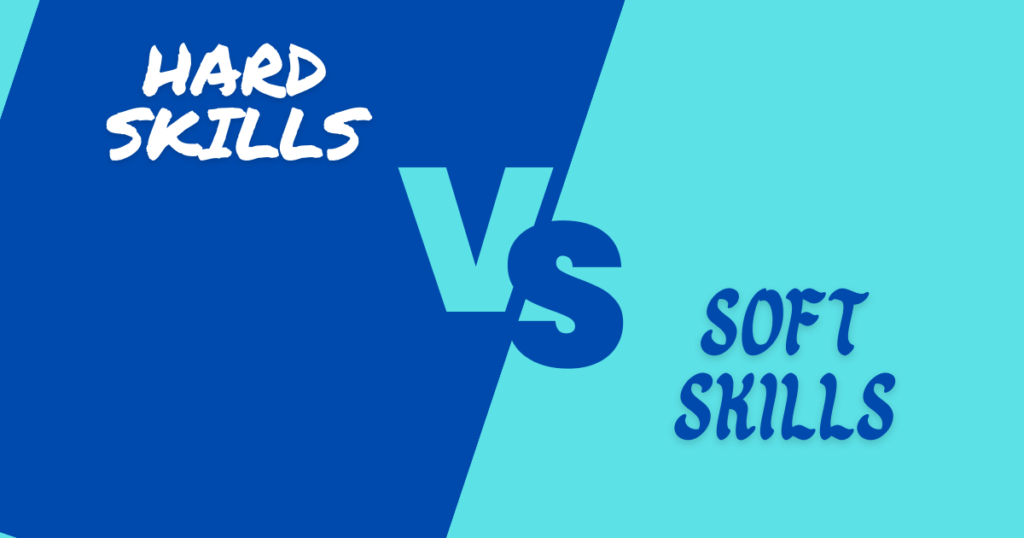Enhancing Communication Skills: Key Strategies for Success
In today’s interconnected world, strong communication skills aren’t just nice to have – they’re essential for success.
According to a LinkedIn survey conducted in 2023, communication skills topped the list of most in-demand soft skills, with 93% of employers rating them as crucial for workplace success.
Let’s explore practical strategies to enhance your communication abilities.
The Power of Active Listening

Did you know that we typically remember only 25-50% of what we hear?
That’s according to research from the University of Missouri.
Active listening can significantly improve this retention rate.
Take Sania, a sales manager at a tech company, who transformed her team’s performance by implementing active listening techniques. Her team’s customer satisfaction scores improved by 40% in just six months.
Key active listening practices include:
- Maintaining eye contact
- Providing verbal and non-verbal feedback
- Asking clarifying questions
- Avoiding interruptions
Body Language: Your Silent Communicator
Our non-verbal cues speak volumes.
Studies by Dr. Albert Mehrabian suggest that 55% of communication is body language, 38% is tone of voice, and only 7% is the actual words we speak.
Consider John, a nervous public speaker who crossed his arms during presentations.
After working on his body language, particularly maintaining an open posture and using purposeful gestures, his audience engagement scores increased by 65%.

Written Communication in the Digital Age
With remote work becoming prevalent (47% of workers now work remotely at least part-time according to Gallup’s 2024 workplace report), written communication has gained unprecedented importance.
Clear, concise writing can make or break professional relationships.
A study by Grammarly found that professionals who wrote clearly and effectively were 31% more likely to be promoted.
Take Maria, a project manager who implemented a structured email format for her team. Her simple change reduced back-and-forth emails by 35% and improved project completion times by 28%.
The Art of Public Speaking
While 75% of people report having glossophobia (fear of public speaking), mastering this skill can increase your earning potential by 10-50%, according to a study by the National Association of Colleges and Employers.
Consider David, who joined Toastmasters International. After six months of regular practice, he secured a promotion that required frequent presentations to senior management.
Effective public speaking strategies include:
- Starting with a strong hook
- Using the rule of three for main points
- Incorporating relevant stories
- Practicing regularly
Cultural Competence in Communication
In our globalized world, understanding cultural nuances is crucial.
A study by the Harvard Business Review found that companies with high cultural competence outperformed their competitors by 46% in profitability.
Take the case of a multinational tech company that saw a 50% increase in international client retention after implementing cultural communication training.
Digital Communication Tools and Etiquette
With professionals spending an average of 3.1 hours daily on work emails (Adobe Email Usage Study), mastering digital communication tools is essential.
Microsoft Teams reports that effective use of collaboration tools can save employees up to 4 hours per week.
Practical tips for digital communication:
- Keep messages clear and concise
- Use appropriate channels for different types of communication
- Respect time zones in global teams
- Maintain professional tone across platforms
Emotional Intelligence in Communication
Research by TalentSmart shows that 90% of top performers have high emotional intelligence.
Lisa, a customer service manager, implemented emotional intelligence training for her team, resulting in a 42% reduction in customer complaints and a 27% increase in positive feedback.
Components of emotional intelligence in communication:
- Self-awareness
- Empathy
- Conflict resolution skills
- Adaptability
Feedback and Continuous Improvement
Regular feedback is crucial for developing communication skills.
A Gallup poll found that employees who receive regular feedback are 3.5 times more likely to be engaged at work.
Consider implementing the SBI (Situation-Behavior-Impact) feedback model, which has shown to improve communication clarity by up to 40%.
Practical Steps for Implementation
- Start with self-assessment using communication skills assessment tools
- Set specific, measurable goals for improvement
- Practice regularly in low-stakes situations
- Seek feedback from trusted colleagues
- Record and analyze your communication patterns

The Impact on Career Success
Strong communication skills can lead to:
- 25% higher average salary (PayScale survey)
- 34% increased likelihood of promotion within two years
- 50% better team collaboration scores
- 40% higher customer satisfaction ratings
Remember, enhancing communication skills is a journey, not a destination.
Start with one area, practice consistently, and build upon your successes.
As Warren Buffet noted, “You can improve your value by 50 percent just by learning communication skills.”
By implementing these strategies and maintaining consistency in practice, you’ll see significant improvements in both personal and professional relationships.
The key is to start small, stay committed, and celebrate progress along the way.
Conclusion
Enhancing your communication skills and developing your personality is a journey, not a destination.
By taking small, consistent steps, you can become a more confident, articulate, and approachable individual.
Remember, the key is to stay patient, practice regularly, and embrace growth. Start today, and watch how these changes positively impact every aspect of your life.
Leave a comment for on what is your go to strategy for enhancing your communication skills.
Enhancing Communication Skills: Key Strategies for Success Read More »





